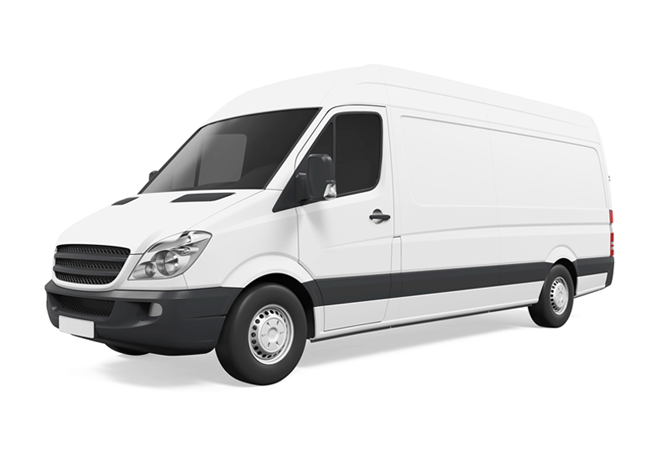
ELECTRIC (EV) &
PLUG-IN HYBRID (PHEV)
COMMERCIAL & VANS
For businesses of all shapes and sizes, EVs and PHEVs are increasingly becoming an important part of fleets, especially when they operate within busy city centres or built-up urban areas.
We wanted to explore some of the different aspects and benefits of EV or PHEV commercials vehicles, so that you have all the facts should you want to expand your green fleet.
Before you make your decision, take a look at some of the benefits and considerations involved with owning these types of vehicles.
THE BENEFITS OF
RUNNING EV OR PHEV COMMERCIAL VEHICLES
SHOULD YOU
CONSIDER LEASING?

GOVERNMENT GRANTS & INCENTIVES
For all the latest on Grant Categories available please click below
ARE YOU LOOKING TO EXPAND
YOUR COMMERCIAL FLEET?
Then arrange a call back or call us directly on 01246 572 180 to discuss your requirements.
Remember, we are here to help.
